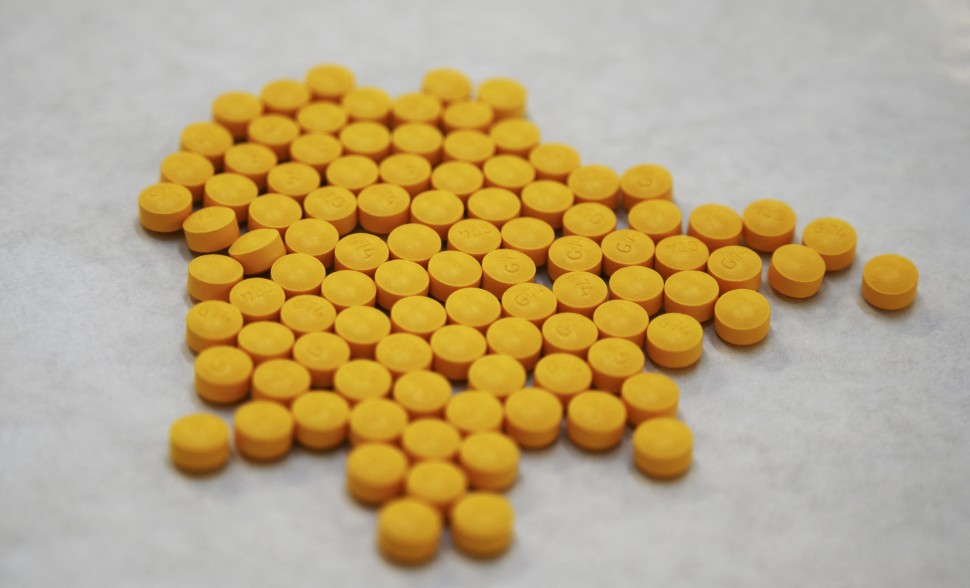
The Sinaloa Cartel is reportedly targeting chemistry students at Mexican universities, seeking to turn them into fentanyl makers, also known as "cooks." The criminal group is not only seeking to increase production and the potency of the synthetic opioid but also to synthesize precursor chemicals domestically to reduce their reliance on such imports from China. American officials warn that if cartels successfully develop precursor chemicals in-house, it could mark a new phase in the epidemic, giving cartels unprecedented control over the drug's supply chain.
A deep dive by The New York Times detailed how cartel recruiters are using covert methods to approach students, including pretending to be janitors. They offer large amounts of money, usually beating any legitimate chemistry jobs. A sophomore chemistry student described to the outlet how he was approached on campus. The student was offered $800 upfront and a monthly salary of the same amount, twice the average pay for chemists in the country. Many students are lured into the trade by dire economic circumstances or family obligations, which end up trumping dangers and ethical concerns.
A cartel recruiter described the business model as akin to corporate investment, targeting the most capable individuals for long-term gain. Some recruits have even received tuition assistance in exchange for loyalty.
The report explained how students also conduct experiments to enhance the drug's power or to synthesize precursors, working under dangerous conditions in clandestine labs. Despite protective measures like hazmat suits, they face risks from toxic exposure, explosions, and violence if they fail to deliver what is expected of them.
The recruitment trend appears to have accelerated during the COVID-19 pandemic, which disrupted global supply chains and restricted access to essential chemicals from China. A leaked 2020 Mexican intelligence report noted efforts by the Sinaloa Cartel to enlist chemistry professors and get them to develop precursors. U.S. officials corroborated the findings, reporting arrests of young chemists in fentanyl labs who admitted to working on precursors and refining the drug's formula.
Despite its simplicity in manufacturing when precursors are available, synthesizing these chemicals from scratch requires advanced techniques. Students are placed in research roles where trial and error dominate their work. One student described being blindfolded and driven to a remote lab where he joined a team attempting to create precursors.
The Biden administration has tread carefully in addressing Mexico's role in the fentanyl crisis, so far avoiding direct pressure to dismantle cartels. However, these organizations close the loop on the fentanyl supply chain, American officials are warning that combating the industrialized production of synthetic opioids will become increasingly challenging.
While the work offers financial stability, many recruits grapple with moral dilemmas. A 19-year-old chemistry student said he took the job to afford his father's cancer treatment but remains deeply conflicted. "I want to help people, not kill them," one student interviewed by the outlet said.
Originally published on Latin Times.




